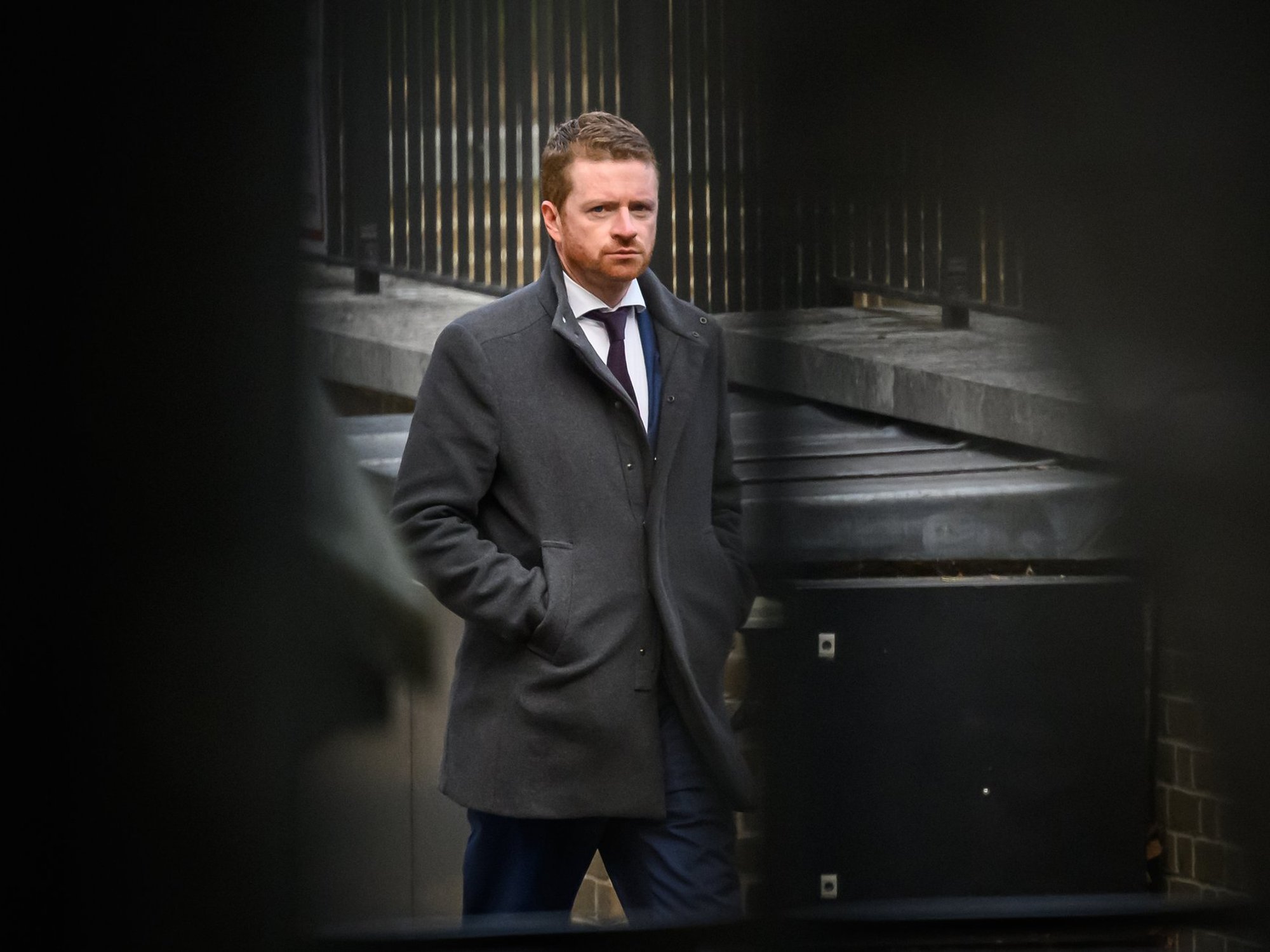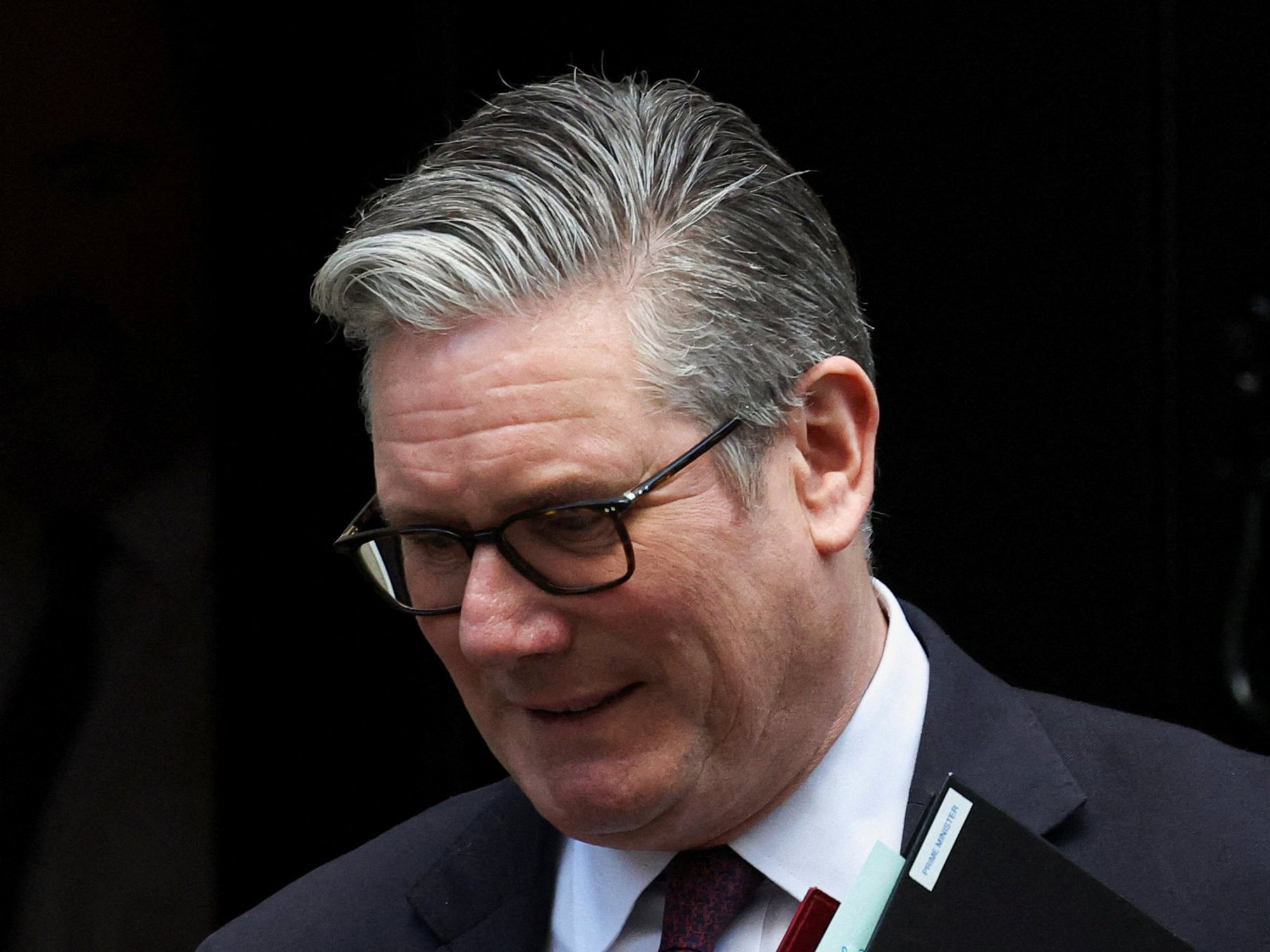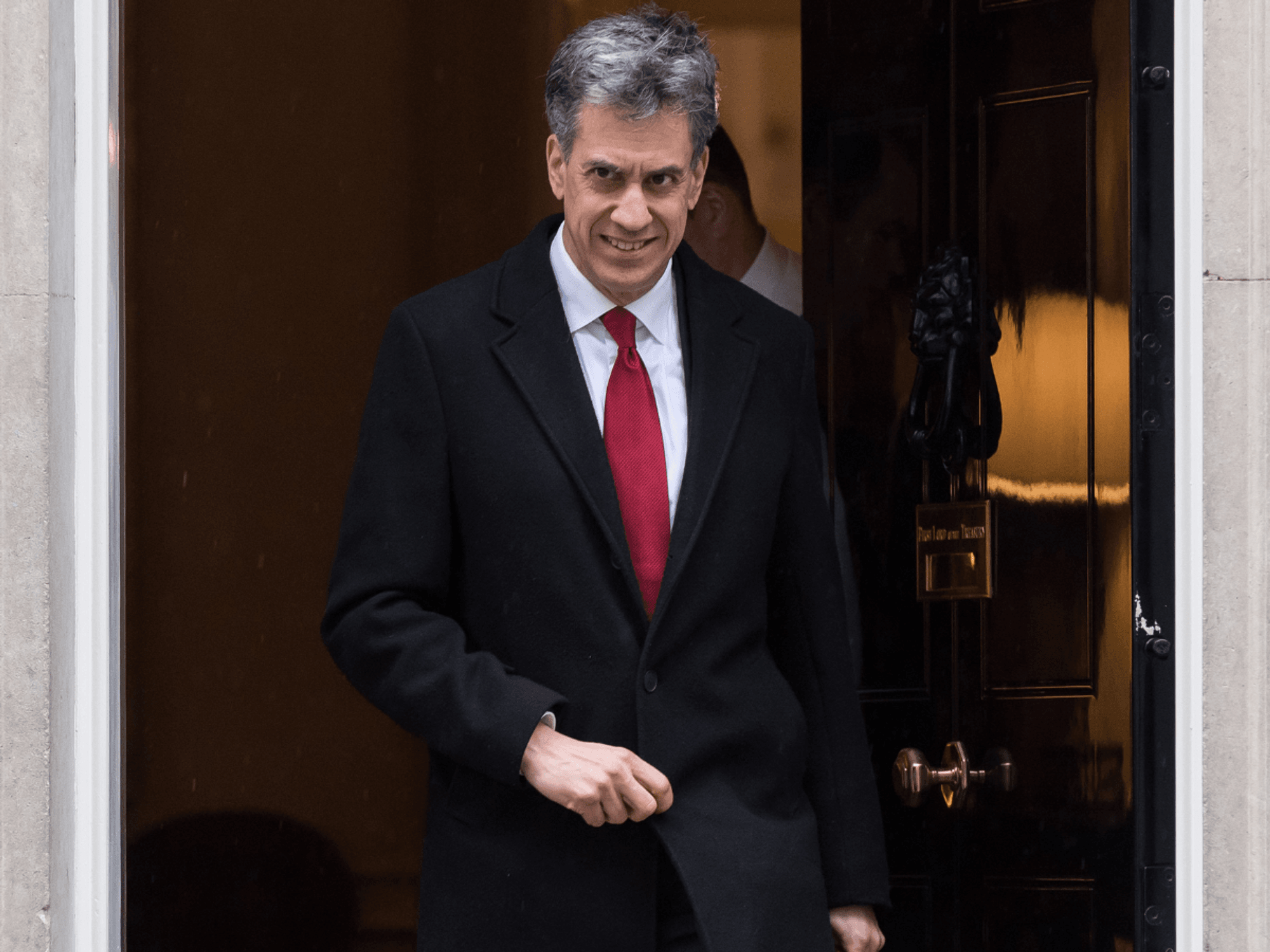Until the Government confronts the economy's imbalance we will continue to see the same patterns, says Jacob Rees-Mogg
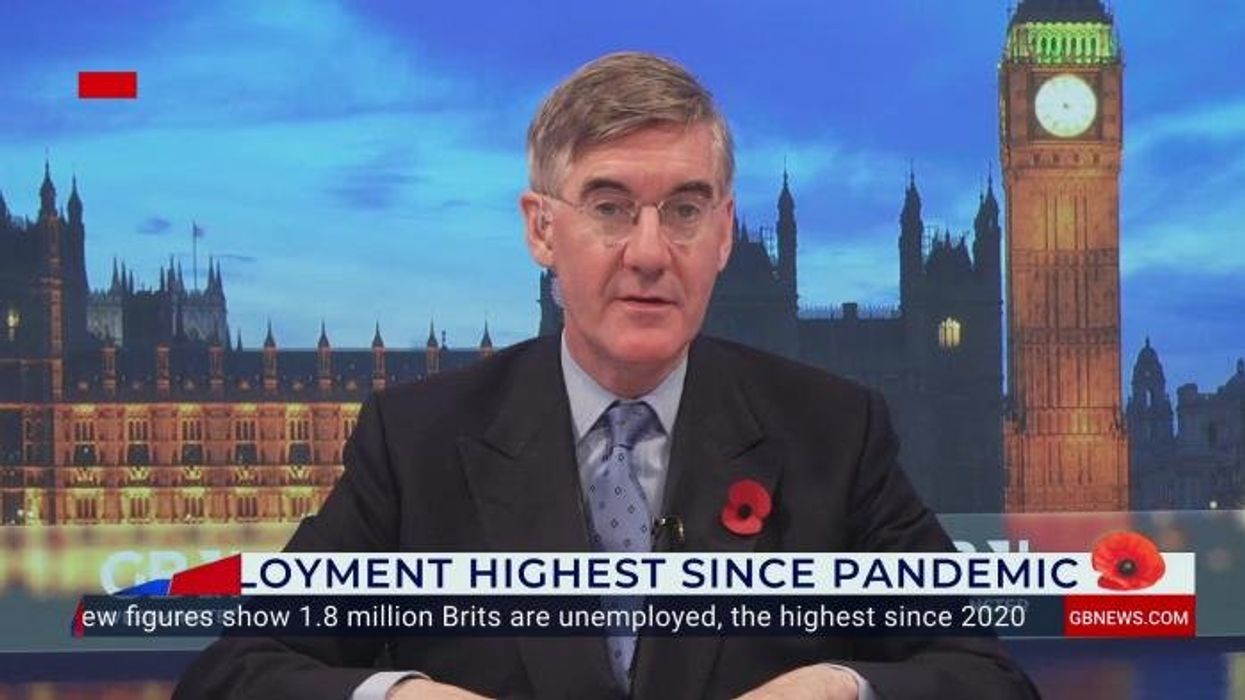
WATCH NOW: Jacob Rees-Mogg says 'no economy can thrive when its most productive sectors are being squeezed to fund spending commitments'
|GB NEWS

'The bigger problem is that the state has grown faster than the economy. Public spending has expanded beyond the private sector’s ability to pay for it'
Don't Miss
Most Read
Trending on GB News
Britain’s unemployment rate has risen above five per cent - the highest level in more than four years.
Nearly 1.8 million people are looking for work, the highest since the COVID pandemic.
Long-term unemployment is also rising, with more than a quarter of those out of work failing to find a job for over a year.
In the last three months there were 134,000 redundancies; the highest since 2021.
TRENDING
Stories
Videos
Your Say
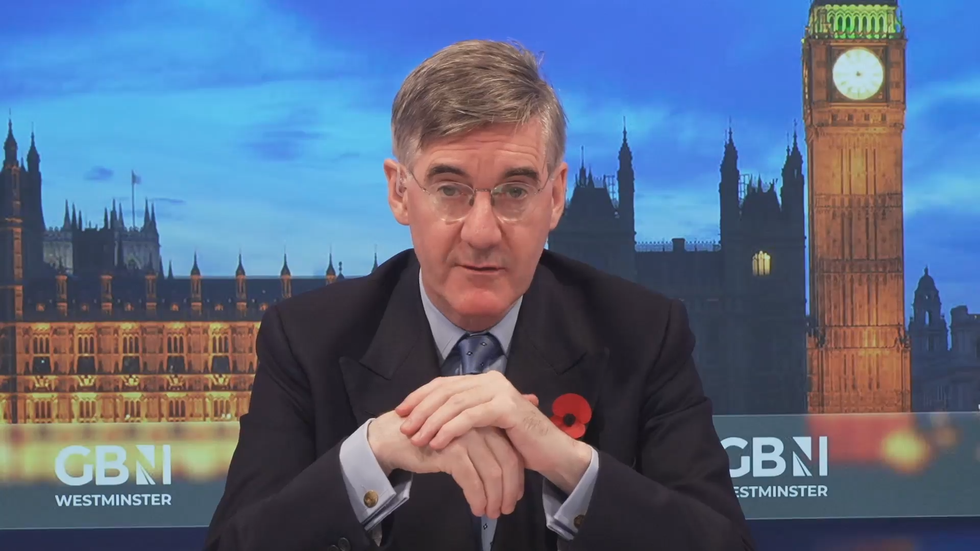
Jacob Rees-Mogg says 'no economy can thrive when its most productive sectors are being squeezed to fund spending commitments'
|GB NEWS
And wage growth is slowing. The average regular pay increase fell to 4.6 per cent, the lowest in three years, while private sector pay has sunk to 4.2 per cent.
The labour market is weakening. Businesses are hiring fewer workers, and people are finding it hard to secure stable jobs.
But what is the real cause of this rise in unemployment and hit to wages? Penal tax rates to fund excessive Government spending.
While private sector pay is slowing, public sector pay has risen to 6.6 per cent, significantly higher than wages in the parts of the economy that generate the tax revenue needed to support public spending.
The issue isn’t simply a weak economy, but an imbalanced one. An economy that is being pulled in opposite directions.
A strained private sector that is cutting jobs and containing pay, competing with the public sector, whose costs continue to rise at a pace faster than growth, productivity, and tax revenue.
This is the consequence of Labour opening the taps for public spending. When Government-funded pay cheques grow faster than the economy that pays for them, the result is higher taxes, higher borrowing, and higher interest rates, all of which weigh disproportionately on the private sector: the engine we rely on to generate jobs, investment, and growth.
That’s why the market reaction to the unemployment data was so marked. The FTSE 100 hit a record high, while the value of the pound dropped. Investors immediately bet that the Bank of England would be forced into cutting interest rates to counteract the downturn. But monetary policy is of limited effect when fiscal policy is inflationary.
We should not misinterpret today’s unemployment figures. While the economy is slowing and the labour market is dwindling, these are the symptoms, not the cause. The bigger problem is that the state has grown faster than the economy. Public spending has expanded beyond the private sector’s ability to pay for it.
Until the Government confronts this imbalance, we will continue to see the same patterns: slowing growth, rising unemployment, stagnating private sector wages, and increasing pressure on the public finances.
If we want a stronger labour market and a healthier economy, the solution isn’t to cut interest rates or stimulate demand. It’s to restore balance. Because no economy can thrive when its most productive sectors are being squeezed to fund spending commitments that are unaffordable.
More From GB News








